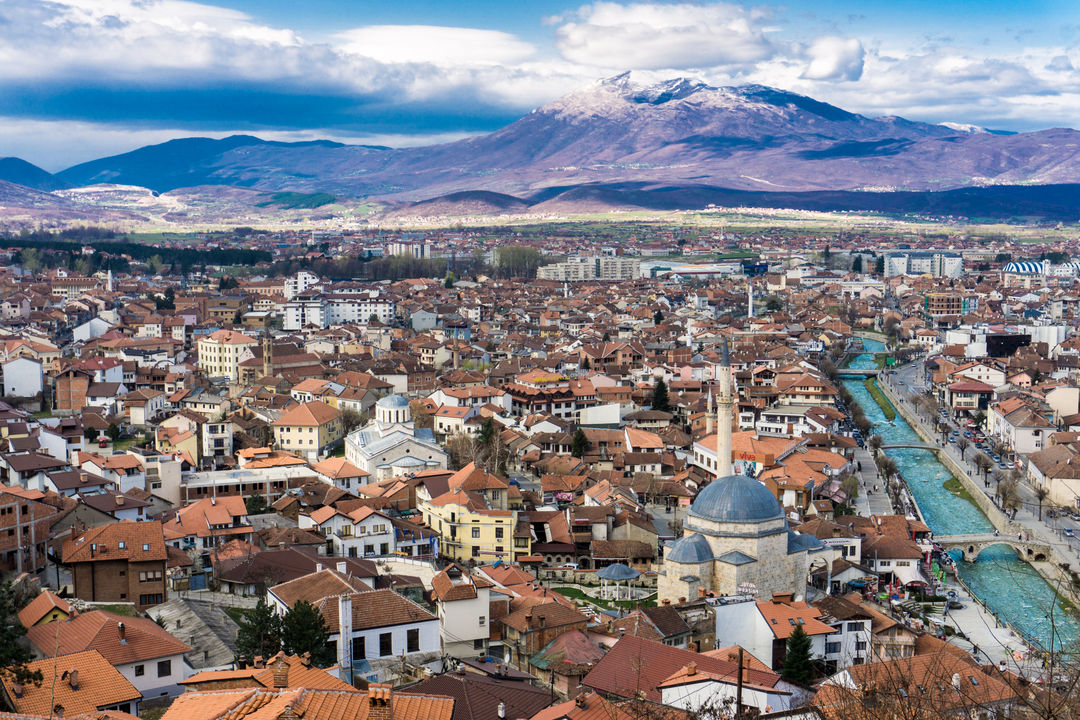
Almost half of the citizens of Kosovo consider themselves left-leaning, while 30% say they are right-leaning, and almost a quarter are centrists.
According to the “Citizens Mindset on Political Questions” survey, published by the Prishtina Institute for Political Studies (PIPS) in collaboration with Konrad Adenauer Stiftung. The survey aims to create “credible results” that will empower decision-makers and politicians to make better decisions.
The study was divided into two parts: the state’s relationship with the economy and individual freedoms and politics and participation.
Over three-quarters of Kosovo citizens believe it’s the government’s responsibility to regulate the economy, and more than 88% say the state should help the poor because they have a hard life due to inaction.
Kosovo citizens believe overwhelmingly that the government should intervene to regulate businesses for the sake of the public good. They also believe the state should intervene to uphold good labor conditions and wages and exercise control over the private sector to protect the consumer. Respondents said that large businesses operate with “excess profit” and that the rich should pay more taxes.
The majority of citizens also said the government must provide a “basic standard of living” for everyone, including health insurance. Many of those surveyed said that all people should have an equal income.
But despite a majority holding left-leaning attitudes towards the economy, Kosovo Citizens were more conservative when it came to social issues. For example, 79% were anti-choice and believed that abortion should be prohibited under any circumstances. Almost 60% said that the country would be a better place if people practiced their religion more.
On the other hand, around half said they don’t have any knowledge of ideological beliefs.
73.3% said they disagreed with euthanasia or assisted suicide in the case of terminal or serious sickness.
When asked about ensuring peace in the country, over three quarters said that diplomacy and international relations were the best way to do it. Less than 24% said a strong army was required for this situation.
Corruption was also highlighted as a widespread issue.
On political engagement, 52.6% said they always vote, 46.8% said they vote sometimes, and 0.6 refused to answer the question. Around half said they had an interest in politics, while just under half said they were uninterested in varying degrees.
When asked whether Kosovo’s nine political parties belonging to the right or left-wing, in all cases, around half of the respondents had no idea.
The report collected responses from Albanian, Serbian, Turkish, Roma, Egyptian, Ashkali, Gorani, and Bosniak, the main ethnicities represented in the country. The sample was then weighted to reflect the ethnic structure of the population. They then conducted the survey with respondents throughout each Municipality, including rural and urban areas. A total of 800 citizens were surveyed, and the survey’s confidence level is reported as 95%, with a margin of error of +- 4%.

